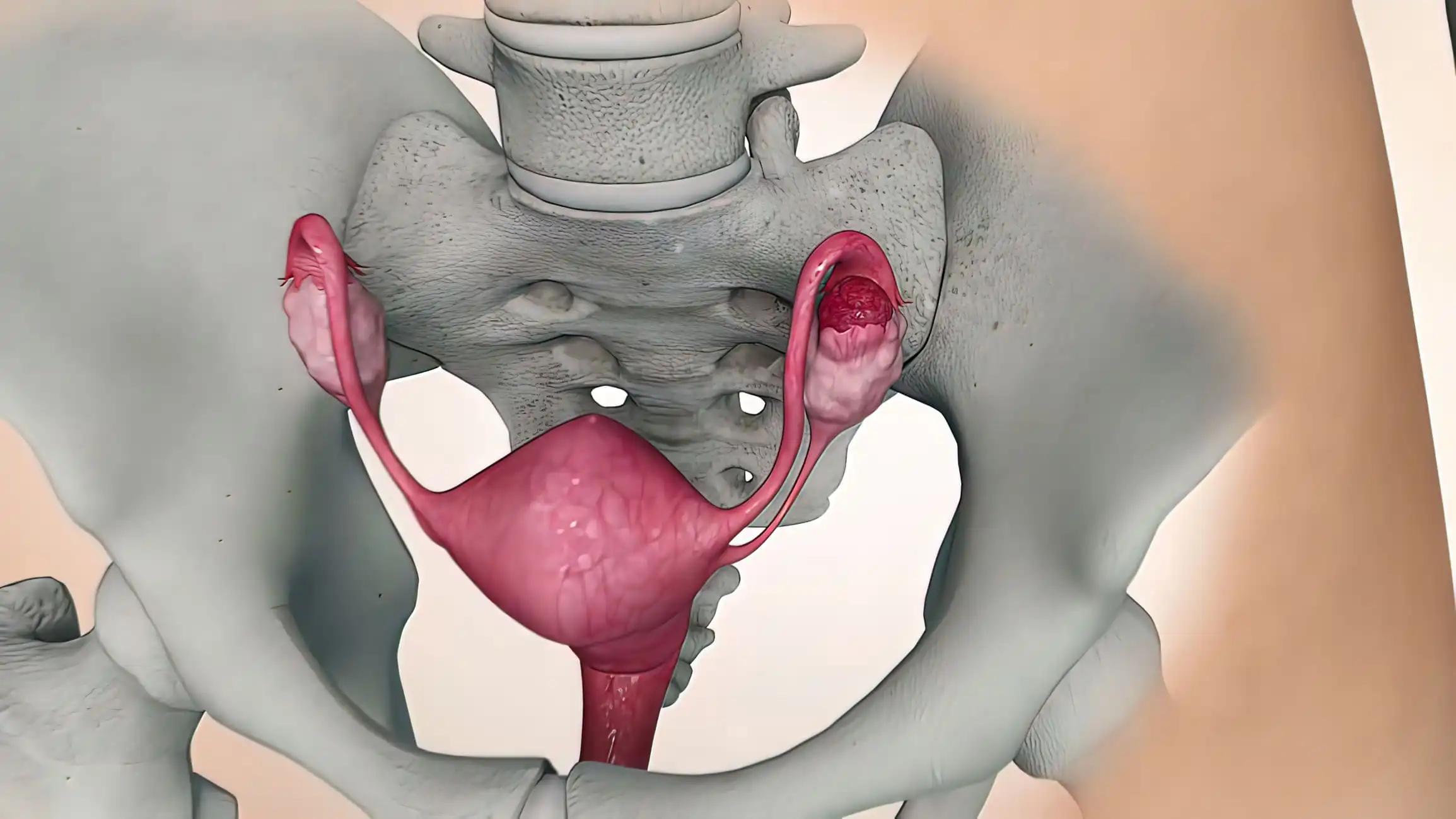KEY TAKEAWAYS
- The phase III ARIEL3 trial studied the efficacy of Rucaparib as Switch Maintenance therapy for treating recurrent ovarian cancer.
- In this 2-arm study, one arm of the randomized eligible patients was given Rucaparib orally twice a day, while the other arm was given a placebo.
- The study’s primary outcome measure was Investigator Assessed Disease Progression based on RECIST Version 1.1.
- The median PFS for Rucaparib versus Placebo was 4-8 months longer across different subgroups.
- Even without significant benefit to the OS among the patients, Rucaparib’s PFS benefits suggest that it should be used to treat recurring ovarian cancer
The Phase III of the ARIEL3 study demonstrated that Rucaparib maintenance therapy substantially increased progression-free survival (PFS) compared to placebo. The study examined the updated PFS2 and the preplanned final overall survival (OS) to deduce the viability of the treatment in recurrent ovarian cancer.
Patients with high-grade, platinum-sensitive ovarian cancer who had responded to their most recent platinum-based chemotherapy regimen were recruited in ARIEL3. Three protocol-defined nested groups were used in the randomization process: BRCA-mutant, homologous recombination deficient (HRD), and intent-to-treat (ITT). Patients were randomized 2:1 to receive rucaparib 600 mg twice daily or a placebo. The median PFS in each of these subgroups of Rucaparib versus placebo was 26.4 vs 18.4, 24.7 vs 18.4, and 20.6 vs 16.3, respectively.
The secondary objective of OS (with analysis scheduled after 70% of events) and the exploratory endpoint of PFS2 were effective outcomes for each nested cohort. Acute myeloid leukemia (AML) and myelodysplastic syndrome (MDS) occurrence rates were monitored in patients. The median OS months among the cohorts were 45.9 vs 47.8 (BRCA), 40.5 VS 47.8 (HRD), and 36.0 vs 43.2 (ITT) [rucaparib versus placebo]. 72.7% of the OS events had happened in the ITT group after a median follow-up of 77.0 months.
Approximately 45% of patients who got a placebo underwent a subsequent course of treatment with a PARP inhibitor. The safety statistics matched those from earlier studies. In the rucaparib and placebo groups, MDS/AML was observed in 14 (3.8%) and 6 (3.2%) individuals, respectively (P=0.72). After finishing the study’s drug therapy, 8 of the rucaparib arm’s patients and 6 of the placebo arm’s patients developed MDS/AML.
These results suggest that rucaparib should be used as a maintenance therapy for recurring ovarian cancer. Although there was no OS advantage, rucaparib’s PFS benefit persisted through the next line of treatment.
Source: https://www.abstractsonline.com/pp8/#!/10720/presentation/525
Clinical Trial: https://clinicaltrials.gov/ct2/show/NCT01968213
Coleman, R.L., Oza, A.M., Lorusso, D., Aghajanian, C., Oaknin, A., Dean, A., Colombo, N., Weberpals, J.I., Clamp, A.R., Scambia, G., Leary, A., Holloway, R.W., Gancedo, M.A., Fong, P.C., Goh, J.C., O’Malley, D.M., Goble, S., Maloney, L., Ledermann, J.A. (2022). 4 – Overall Survival Results From ARIEL3: A Phase 3 Randomised, Double-blind Study of Rucaparib Vs Placebo Following Response to Platinum-Based Chemotherapy for Recurrent Ovarian Carcinoma. ESGO 23rd Annual Meeting. https://www.abstractsonline.com/pp8/#!/10720/presentation/525



